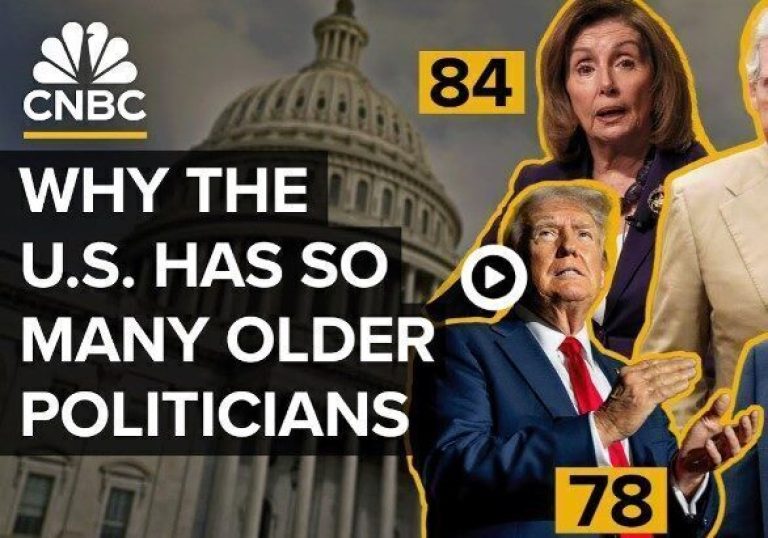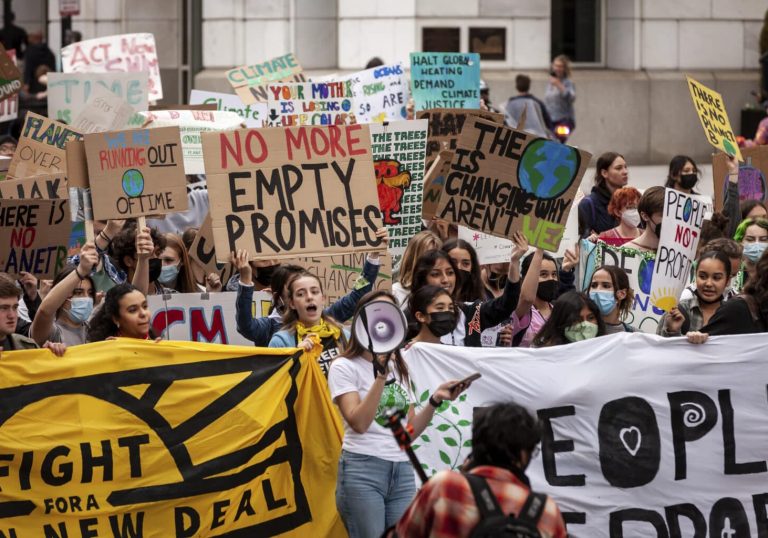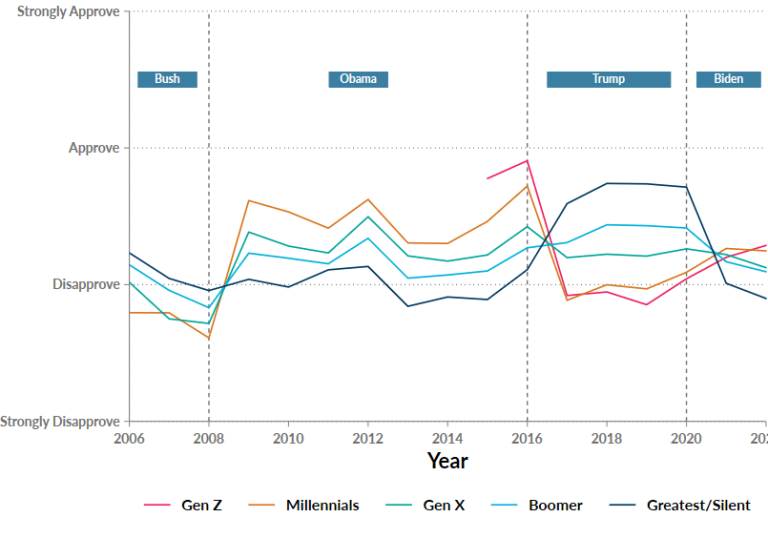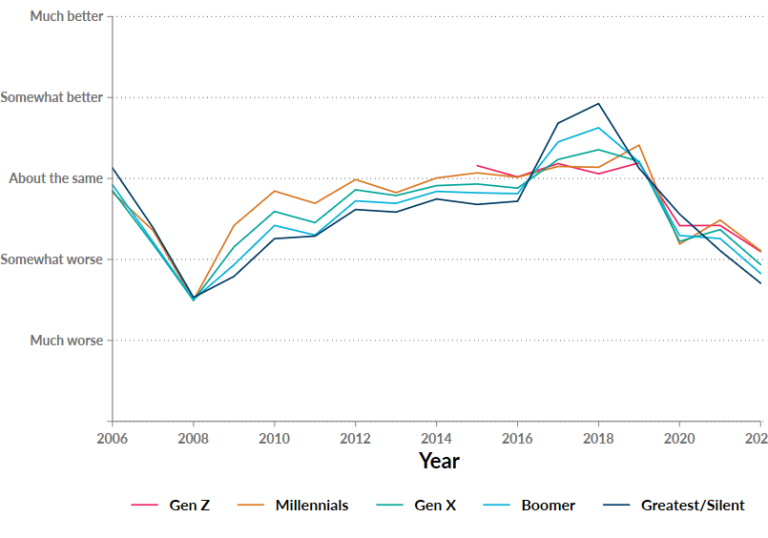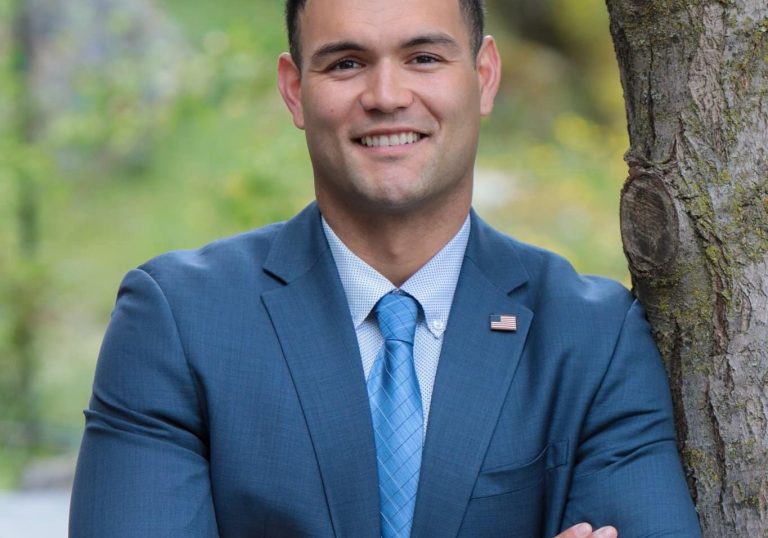Working Paper Series:
- Cultural Evolution: Measuring Differences in Generational Values (June 2024)
- Generational Values and Political Participation in Recent U.S. Elections (June 2024)
- Additional working papers forthcoming
In this mixed methods research project, we aim to understand how the Millennial and Gen Z generations are reacting to new risks that have evolved in American society in recent decades. We research how generational values shape risk perceptions, attitudes toward government and the social safety net, and political behavior. Our survey launched in the months leading up to the 2020 election. Qualitative interviews took place during the spring and summer of 2021 at the height of the COVID-19 pandemic, a time of intense social and economic risk as well as one of the most expansive government interventions into the economy and safety net in U.S history. This project provides a foundation for understanding the unique worldviews and perspectives of younger generations and their desire for a more sustainable, equitable, and prosperous future.
In the upcoming months, we will release several papers and issue briefs with our findings. The Round 1 release includes two papers related to the value structure of different generations and how generational values play out in risk perceptions and political behavior. The first paper shows how values are changing among different generations, especially by demographic and ideology. The second paper explores how generational values are related to voter turnout in recent U.S. elections and presidential candidate preference in the 2016 and 2020 elections. Other issue briefs and working papers will be released over the summer and fall of 2024 in the months leading up to the November election. Findings from this project are especially insightful given that the youth vote may have potential to determine the outcome of the presidency in the 2024 election. Understanding young people’s values, their risk perceptions, and what they desire from government will be important components for any political candidate looking to earn their trust and win their vote.



